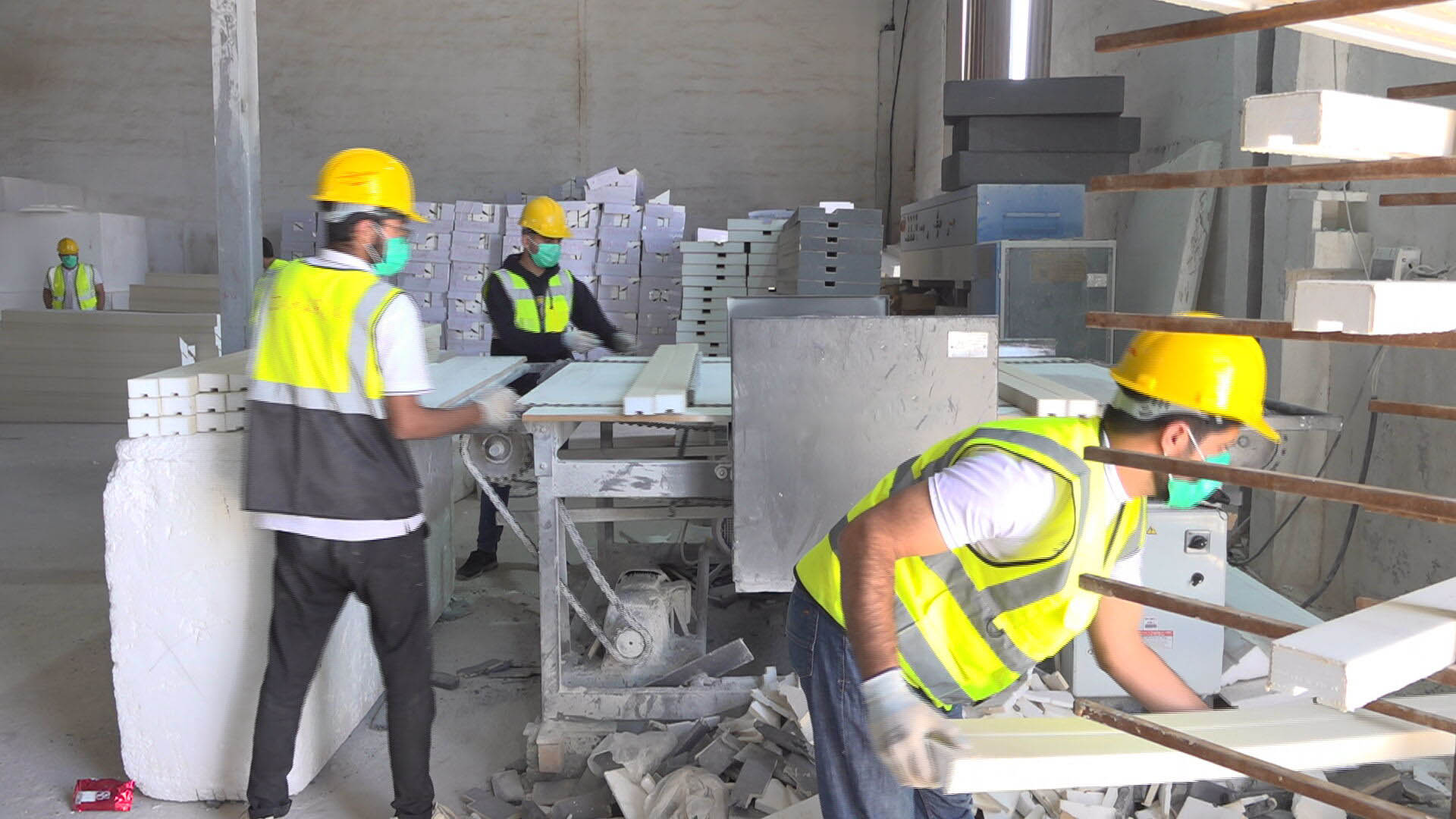Kurdish-Made Products Face Baghdad Barriers Despite Growing Demand Abroad
“Baghdad doesn’t grant us the necessary permits to export our goods abroad, even though international buyers are ready and waiting. This has restricted us to selling only in central and southern Iraq, instead of reaching more profitable international markets,” said the factory's owner, Azad Jalal.

ERBIL (Kurdistan24) — Despite increasing demand from international markets for Kurdish-made products, businesses in the Kurdistan Region of Iraq continue to face significant export obstacles imposed by the federal government in Baghdad, according to local manufacturers and industry officials.
The Kurdistan Regional Government (KRG) Ministry of Trade and Industry reports that over 3,500 factories are currently registered in the region, producing more than 25 different types of goods. Many of these products are already being shipped to other parts of Iraq and international markets.
One such business, a factory in Erbil that has operated for the past three years, specializes in manufacturing foam and sponge materials. The factory has supported the creation of several additional production lines to meet the growing need for sponge-based products.
The factory's owner, Azad Jalal, says that countries such as Saudi Arabia and Jordan have shown strong interest in their products. “Our products passed all quality control tests required by these countries,” Jalal told Kurdistan24. “However, the Iraqi federal government has created serious obstacles to exporting these goods outside Iraq through federal-controlled borders.”
He added, “Baghdad doesn’t grant us the necessary permits to export our goods abroad, even though international buyers are ready and waiting. This has restricted us to selling only in central and southern Iraq, instead of reaching more profitable international markets.”
The export limitations imposed by the federal government come despite Kurdistan-based factories fulfilling international quality standards. According to local trade sources, over 50 factories in the Kurdistan Region are currently exporting goods internationally, underscoring the region’s growing manufacturing capabilities.
Tayeb Kazho, head of Industrial Development in Erbil, confirmed to Kurdistan24 that the KRG is actively working to expand industrial capacity in the region. “We’re committed to simplifying the process of opening new factories. These facilities are not just meant to satisfy domestic needs but also to supply international markets,” Kazho said.
He added that, according to current regulations, the KRG is working with relevant private sector stakeholders to resolve challenges facing local manufacturers, including export restrictions and licensing issues.
The expansion of local production facilities and the increasing interest from foreign markets highlight the Kurdistan Region’s potential to become a hub for high-quality, export-ready manufacturing—if political and logistical barriers can be addressed.
The Kurdistan Region of Iraq has long aimed to diversify its economy beyond oil dependency. The KRG has encouraged private sector development, particularly in manufacturing, agriculture, and construction. However, strained relations with the federal government in Baghdad, particularly over trade and customs authority, continue to limit the region’s full economic potential. Export permits, border control, and federal bureaucracy are often cited by business owners as major obstacles to scaling up and reaching broader markets.